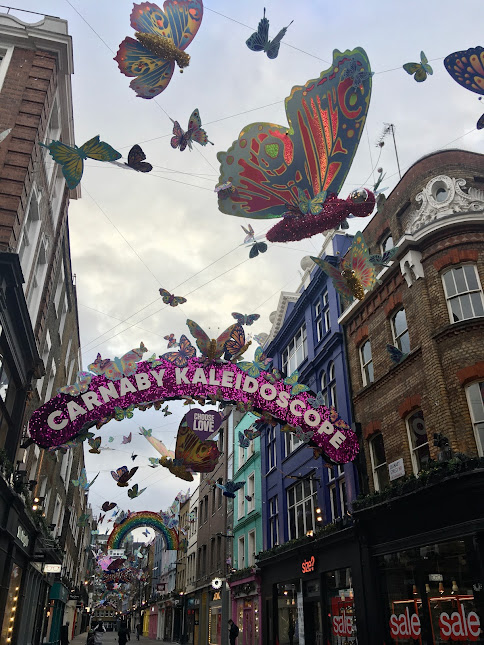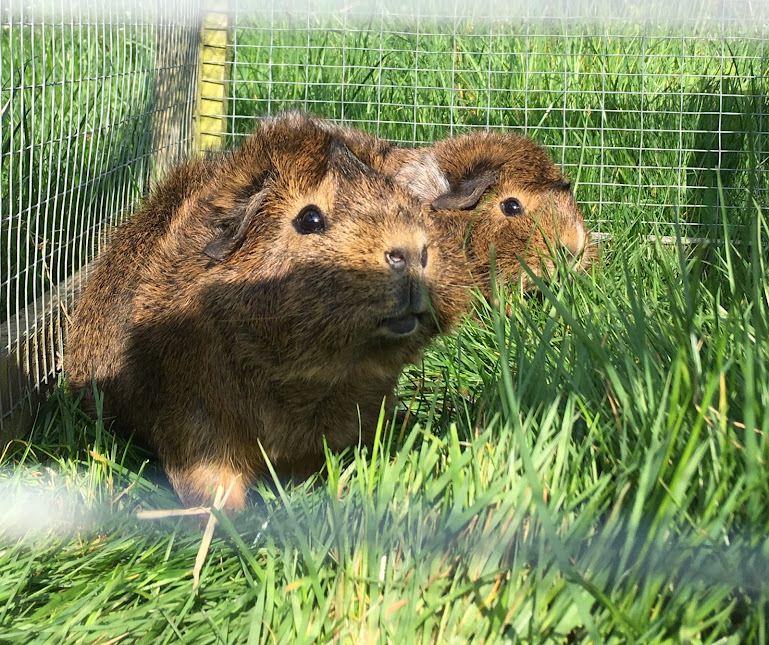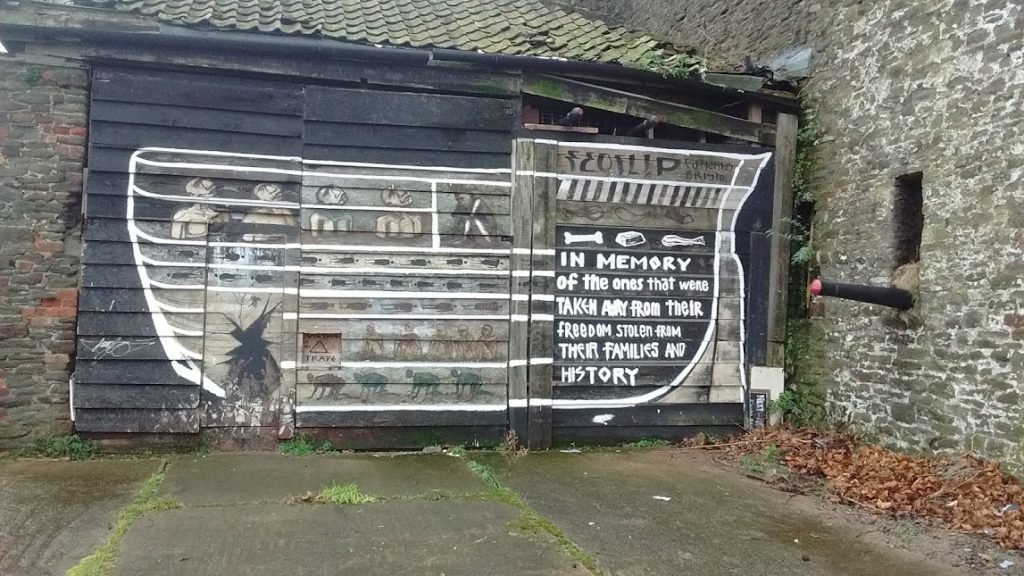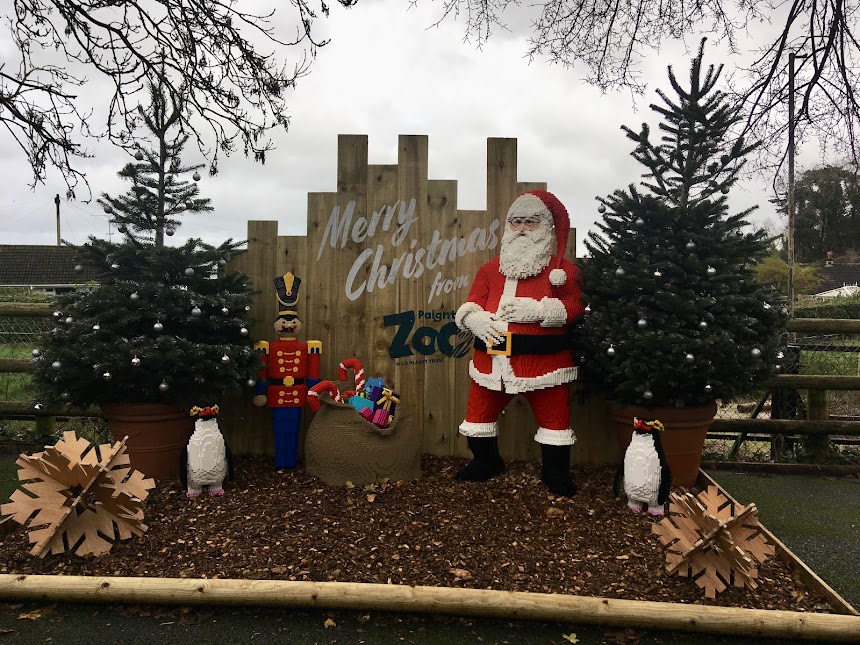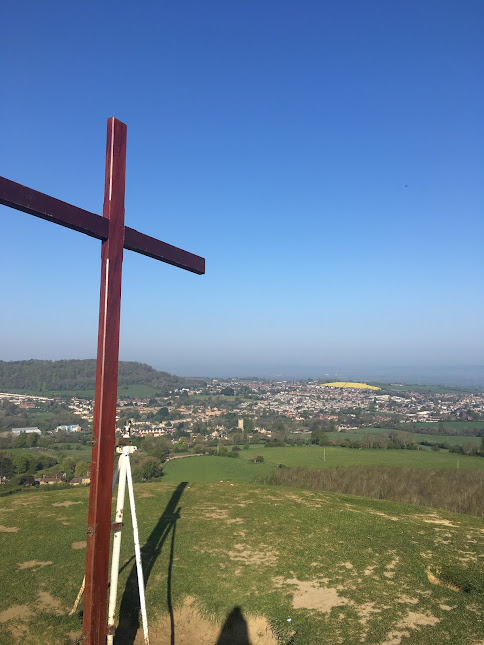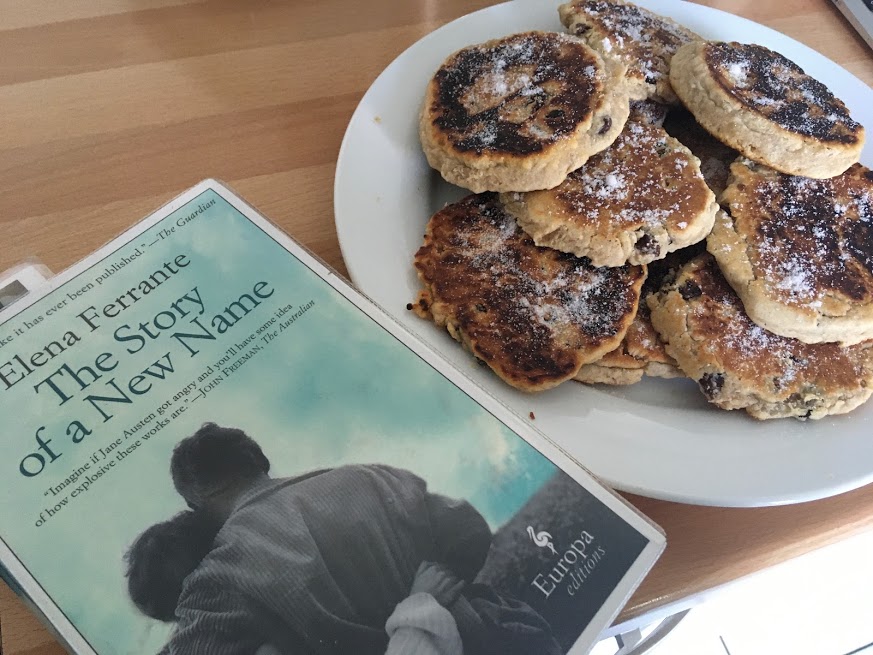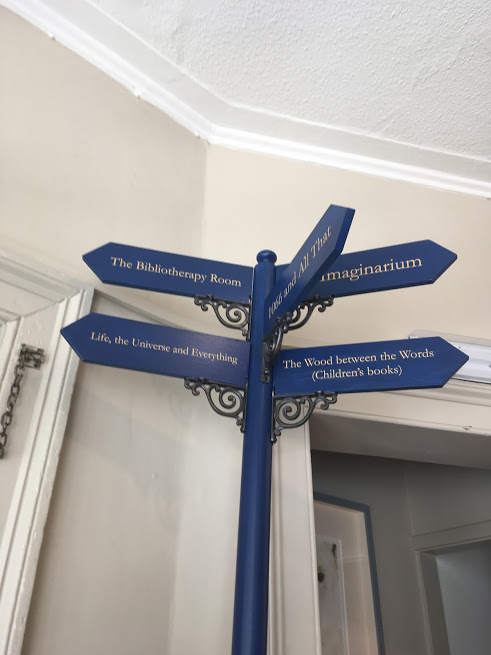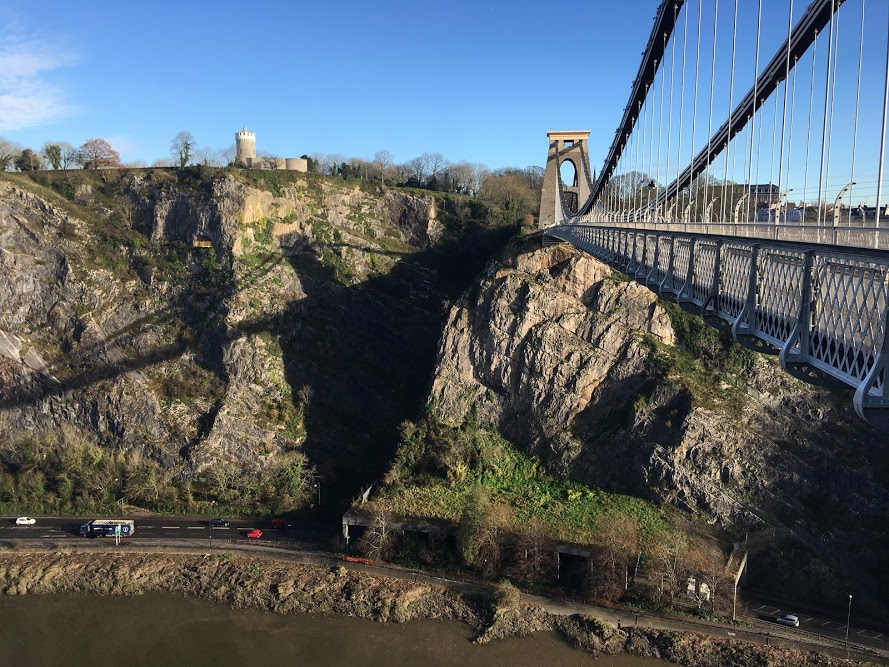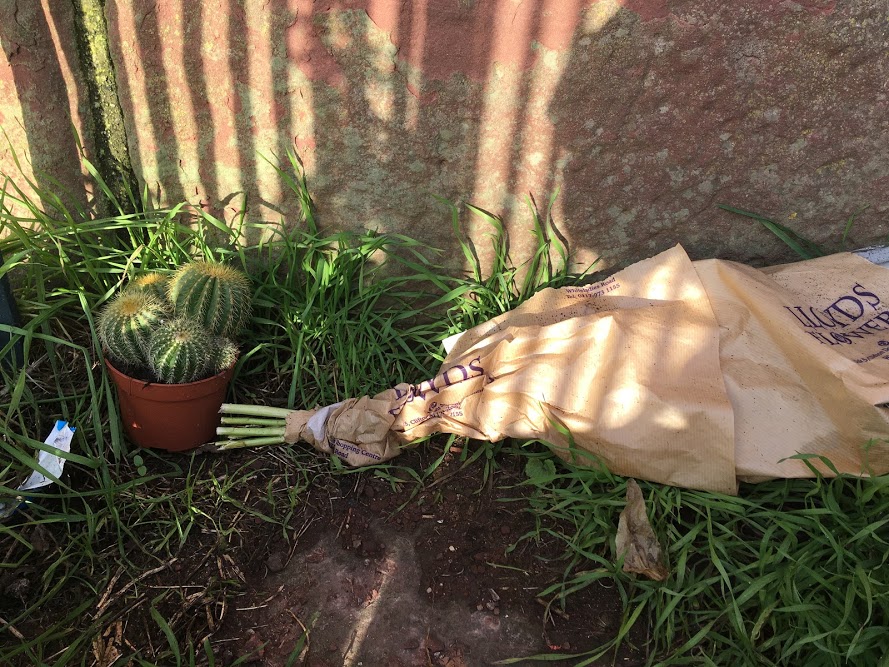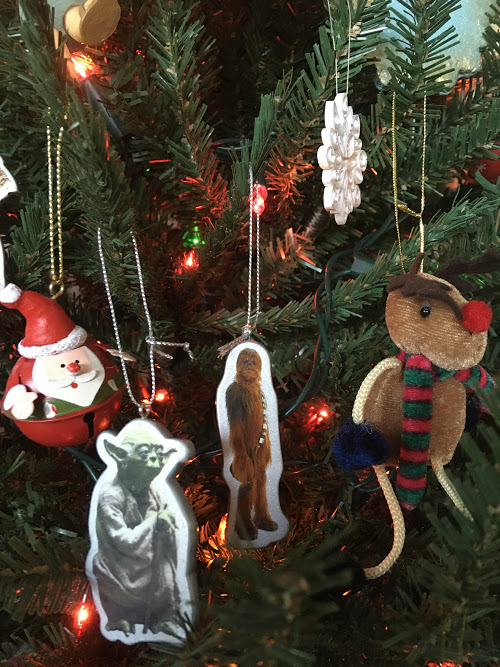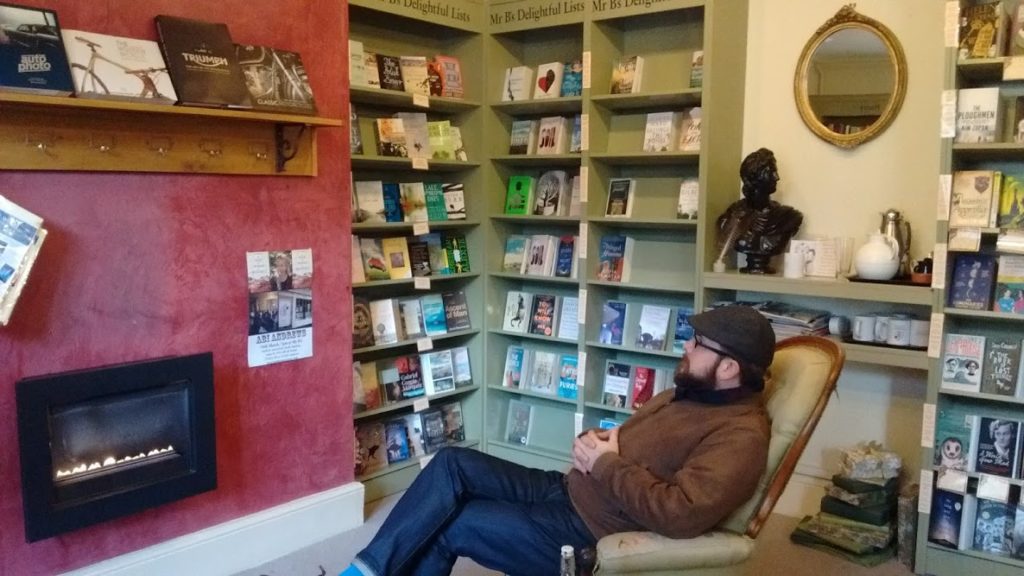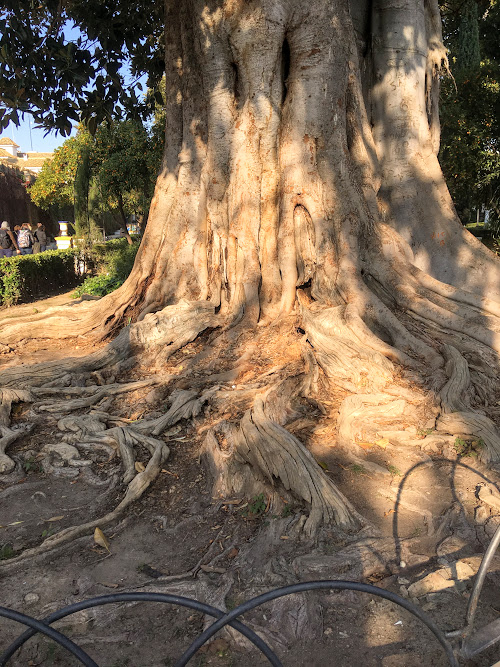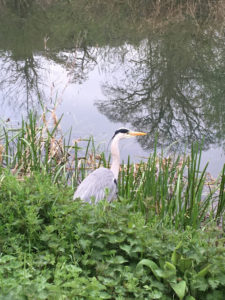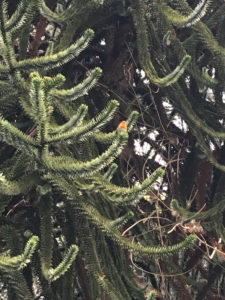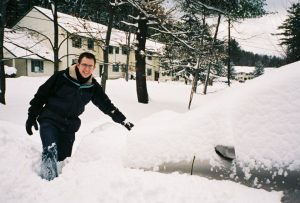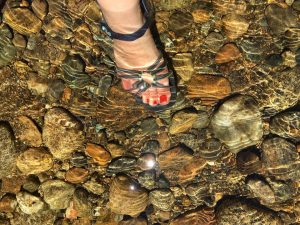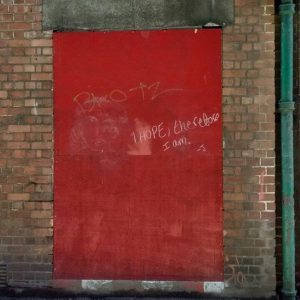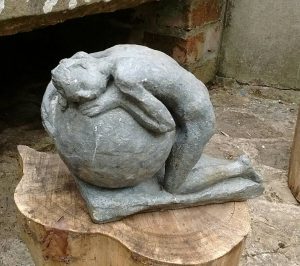This Week’s Bit of String… More a tangle of tension
I despise the British system of exams. I’m not a fan of A-Levels (the exams kids take in formal education at 18), but GCSEs (the ones at age 16) are the worst, because they’re so inflexible and unavoidable.
Exams at my American high school were more like tests. Designed by your teacher for your specific class, they’re marked by your teacher, and in most cases they’re only part of your final grade. You’ll get credit for essays and projects and presentations, homework, unit tests, and even participation in classroom discussion.
None of that is true in the UK. I hate the system as a parent and I hate it even more now that I’m working in secondary education again. This week has been very stressful, as the main national exams began. Our Year 11 students, along with all the 15 and 16-year-olds across this Small Island, sat down at the same exact moment to work through papers which determine their grades for the last two years of learning.
“Learning” being a loose term when it comes to spending two years practising for a passing grade on a paper distributed and marked by a government-sanctioned external body. Because if you don’t pass, the venue you chose for your next level of vocational training or academic education might not accept you.
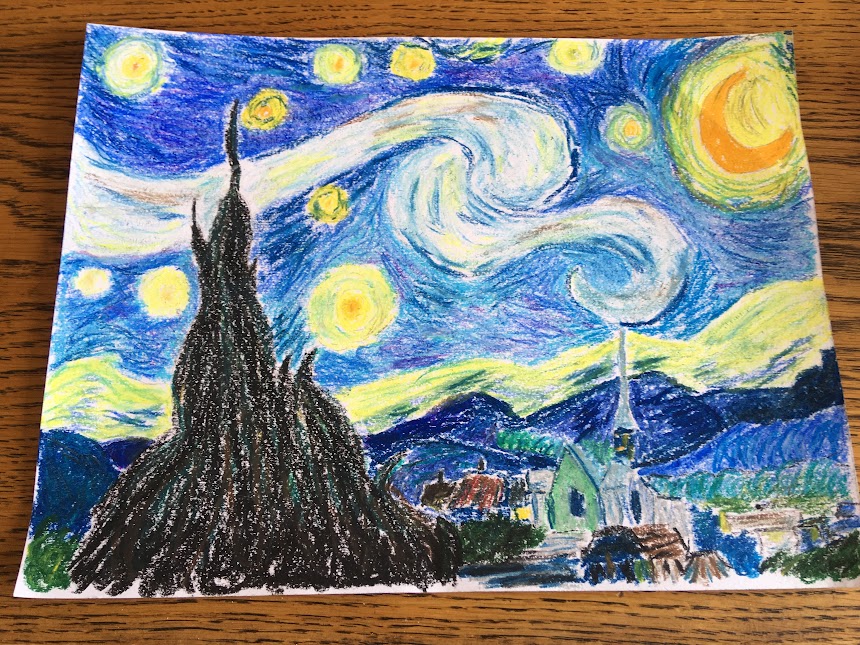
The country has been brainwashed into believing that these exams are the only possible standard of achievement for teenagers. Even those of us who see the system’s flaws panic over what grades our students will get.
Binding the fates of every person in the whole nation to the same tests isn’t actually fair. I hate that every young human, regardless of need, interest, talent, or background, is forced to bow their head as one over a paper. Children are told they must come in even if ill. The student I’ve been working with most this year sat her first English paper on Wednesday doubled over with stomach cramps the whole time. Some go in streaming with hay fever, or fasting for Ramadan. Some go in having just been dumped by their boyfriend of over a year.
I hate seeing kids cry outside the exam hall every morning, or shake, or look miserable. I hate that the exams are so onerous, students joke about how great it would be to get a terminal illness so the exam board in their infinite mercy will tack an extra 5% on their scores. Other students are Googling, “If the Queen dies, will the next day’s exam be cancelled?”
Meanwhile, the 80% of the school’s students who aren’t exam age must spend a month being quiet at break times, moving to different classrooms, and even having their whole timetables changed in order to accommodate the national exams schedule. The teachers are all tense and terrified. They’re not trusted to assess their own students, of course.
There are special staff who monitor the students while taking exams. The invigilators. There are also “access arrangements” for students with special needs. Again, this is a loose term. A person with meticulously evidenced need may be granted access to someone who will read the questions for them, possibly scribe answers as dictated, or they may be granted rest breaks or extra time. Not super helpful for those with issues processing the questions or sitting still, and certainly nothing that helps the many students who struggle with anxiety.
More than half of our Year 11s have access arrangements. When a system must be modified for the majority of a population, maybe it’s time to assess them a different way?
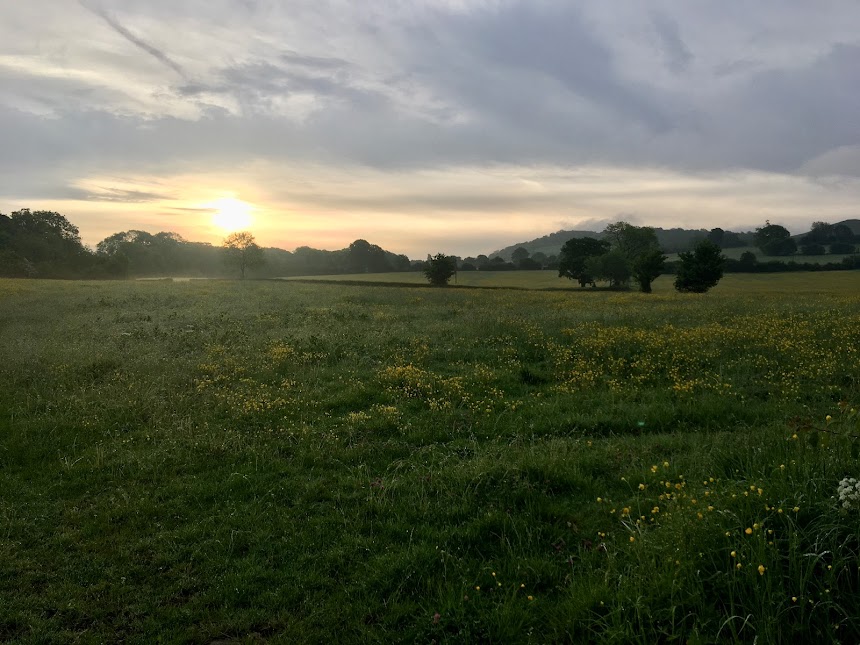
Because of the massive need for invigilating and access arrangements, I have to sit exams too. I sit quietly beside a student with only my bottle of water and my pencil case, just like her. I read her the questions and scribe her answers when asked. I can’t explain anything to her, and I can’t doodle or pick up a book and read. We’re both stuck there until the nationally mandated duration of the exam is up. I despise the sitting still, the stifling air. Students have been told that before entering the exam hall at 9 in the morning, they must decide whether or not to bring their jumpers with them. Because if they get hot in there with over 100 other people, they’re not allowed to take off their jumper and put it on the back of the chair. There could somehow be illicit information scrawled on these black uniform sweatshirts.
I hate that students spend 2 years studying just 2 books for English class, and a few poems. Blood Brothers, for example. I know it has a valid message, but using it to teach literature is like using a sledgehammer for brain surgery. Every student is taught to memorise the same quotes about being poor or rich. Every student memorises “sneer of cold command” from “Ozymandias” and “Be like the serpent under’t” from Macbeth. What a dull time grading those literature exams must be. If only students were encouraged to read widely, find what they love, and defend it.
I hate that for Science, kids are drilled on parts of the cell and the periodic table until their deduction and curiosity cease to exist. One of the questions on this week’s Biology paper was: “Why do you think there were no new cases of skin cancer among boys under age 15?” and our whole class was panicked about it after. “We never talked about boys with skin cancer in class. We didn’t go over that!”
I hate that when exams are finally done, students must wait 3 months to get their results, the anxiety hanging over them all summer as they wait to see if they’ll be able to move on in the direction they want to. I’ll be there that day late in August, telling them that whatever their marksheet says, they have tremendous value and the world still holds great things for them.
Did you do exams here in Britain and have you got any coping strategies or inspiring stories?
